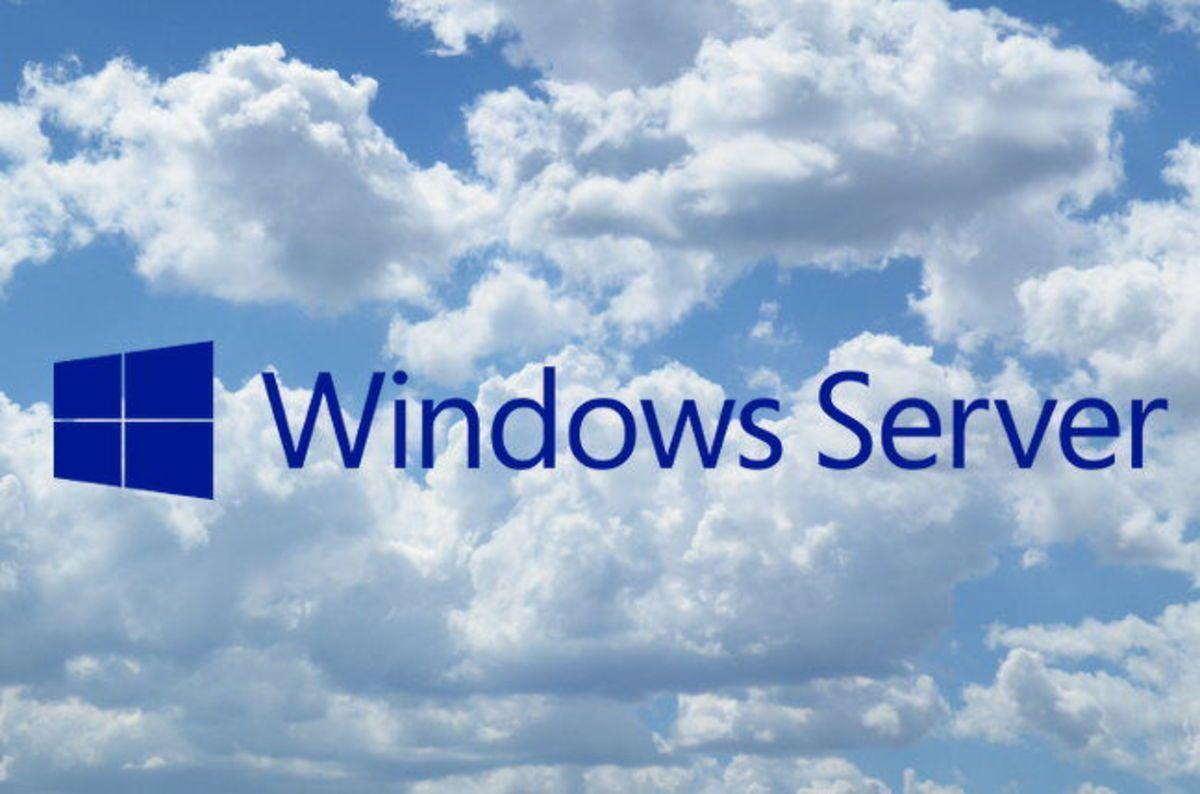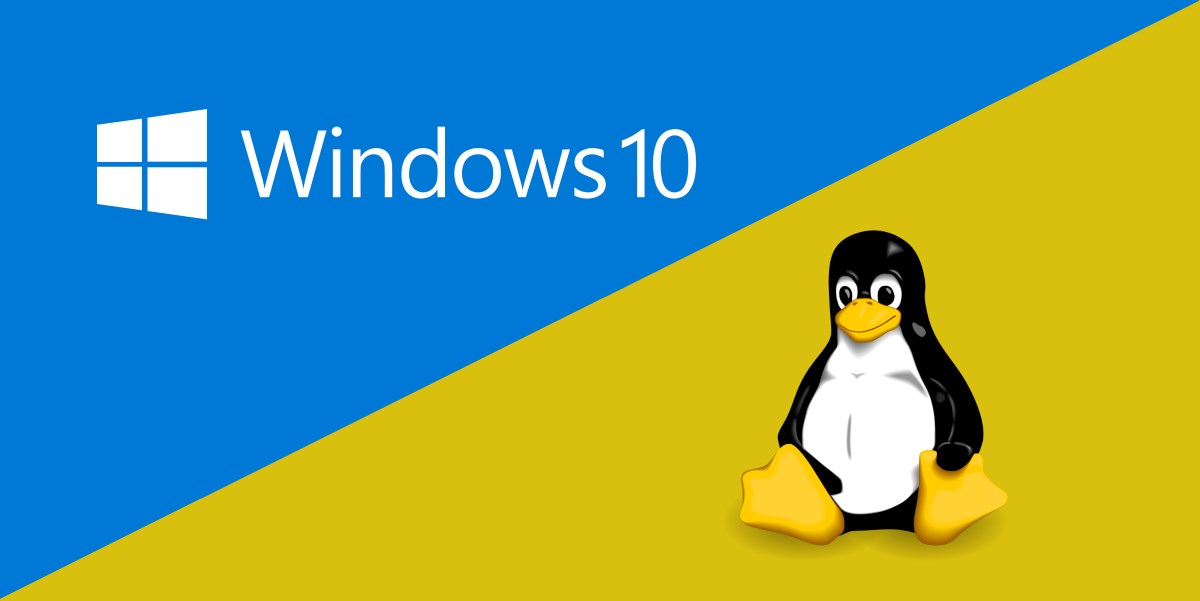Why is a Linux server better than Windows?
In the ever-evolving world of information technology, the choice of a server operating system (OS) is a pivotal decision for businesses and IT professionals. This critical choice often boils down to two dominant players in the field: Linux and Windows Server. Each system comes with its unique strengths and considerations, making the decision far from straightforward. Our comprehensive exploration into this topic aims to unravel the complexities of these two operating systems, shedding light on their intricacies and guiding you through the nuanced Linux versus Windows Server landscape.
Contents
Exploring the Linux Server Universe: A Deep Dive into Open-Source Excellence
The Linux server universe is a vast expanse, teeming with possibilities and fueled by the principles of open-source development. At its core lies the Linux kernel, a powerhouse of efficiency and adaptability that forms the bedrock of numerous server distributions. Each distribution, from the widely embraced Ubuntu and Red Hat Enterprise Linux to the efficient CentOS and versatile Debian, offers a unique spin on server management. This diversity within the Linux ecosystem caters to a wide spectrum of server requirements, from simple web hosting to complex enterprise-level applications.
Linux servers excel in their unparalleled flexibility. The open-source nature of Linux not only breaks the shackles of licensing fees but also empowers users with the freedom to tailor the system to their precise needs. This customization capability is a significant draw, allowing server administrators to tweak, optimize, and secure their servers in ways that proprietary systems can’t match. The collaborative development of Linux ensures a continuous stream of innovation, driven by a community passionate about improving and evolving the platform.

Linux’s dominance in the server world is no coincidence. It is the culmination of its intrinsic strengths, which align seamlessly with the demands of modern server operations. Foremost among these is cost-effectiveness. The absence of licensing fees with Linux is a compelling advantage, especially for startups and small businesses where budgets are tight. This economic benefit extends to the system’s scalability and reduced total cost of ownership.
In the realm of security, Linux servers are fortresses. Thanks to their less ubiquitous nature compared to some competitors, they present a smaller target for cyber threats. The transparency and open nature of Linux mean that vulnerabilities are quickly spotted and patched by the community, leading to a more secure server environment. This communal approach to security is a stark contrast to the vendor-dependent updates in proprietary systems, offering peace of mind to businesses.
- The Power of Open-Source: How Linux Transforms Server Management
Linux’s open-source foundation is its superpower in the server management arena. It grants unparalleled control over the server environment, allowing administrators to configure and optimize the system to meet specific performance demands. This level of control over server operations is a game-changer, particularly for businesses with unique or evolving server needs.
- Cost-Effectiveness Unleashed: The Free World of Linux Servers
The economic appeal of Linux servers cannot be overstated. Free from the constraints of licensing fees, Linux offers a budget-friendly solution for businesses of all sizes. This cost advantage is particularly significant for organizations looking to scale their operations without incurring prohibitive software costs.
- Security First: Why Linux Servers Stand Tall Against Cyber Threats
Security is a paramount concern in server management, and Linux servers excel in this regard. The open-source model ensures rapid identification and patching of security vulnerabilities, providing a robust defense against cyber threats. This proactive security approach, bolstered by a vigilant community of developers, makes Linux servers a trusted choice for secure server operations.
- The Stability Saga: Linux Servers’ Uptime Excellence
Linux servers are synonymous with stability. Known for their impressive uptime, they are capable of handling prolonged and intensive workloads without succumbing to crashes or requiring frequent reboots. This reliability is crucial for businesses where server downtime can have significant operational and financial implications.
- Tailored to Your Needs: The Customization Edge of Linux
Customization is a hallmark of Linux servers. The ability to modify and configure the server environment down to the kernel level allows for an optimized and tailor-made server solution. This flexibility is a boon for businesses with specialized server requirements or those looking to maximize server performance.
- Hardware Harmony: Linux’s Versatile Compatibility
Linux’s compatibility with a wide array of hardware is another of its strengths. Its ability to run efficiently on both cutting-edge and older hardware makes it a versatile choice for organizations with diverse IT infrastructures. This hardware flexibility allows businesses to leverage their existing assets, reducing the need for new investments.
- Under the Linux Hood: Unique Benefits for Diverse Server Needs
Delving deeper into Linux’s capabilities reveals a suite of benefits tailored to diverse server needs. From its lightweight footprint to its robust security features, Linux servers are equipped to.

Linux’s Budget-Friendly Approach vs. Windows’ Licensing Fees
When it comes to cost, Linux and Windows servers present starkly different models. Linux, with its open-source nature, stands out as a budget-friendly option. It generally does not involve licensing fees, reducing the financial burden for businesses, especially those conscious of operational costs. In contrast, Windows servers come with licensing fees, which can add up, particularly for larger deployments. This cost factor is crucial for businesses, especially startups and small to medium-sized enterprises, that are looking to optimize their expenditures without compromising on server capabilities.
Performance is a key battleground for Linux and Windows servers. Linux servers are renowned for their speed and efficiency, handling large volumes of tasks with less resource consumption. This makes them ideal for businesses that require heavy-duty server capabilities. Windows servers, on the other hand, are often perceived as less efficient in terms of resource utilization but offer a user-friendly environment, particularly beneficial for organizations that prioritize ease of use and integration with other Windows-based applications.
Security is a major concern in server management, and both Linux and Windows servers have their strengths and vulnerabilities. Linux’s open-source framework facilitates a rapid response to security threats, with a large community constantly working on patches and updates. Windows servers, given their widespread use, are frequent targets for attacks but come equipped with robust security features and regular updates from Microsoft. The choice between Linux and Windows servers in terms of security will largely depend on the specific needs and capabilities of the organization in managing and mitigating security risks.
In terms of reliability, Linux servers are often lauded for their stability and uptime, making them a reliable choice for critical operations that require continuous run time. Windows servers, while also robust, may require more frequent reboots and maintenance. This aspect of reliability is crucial for businesses whose operations depend heavily on consistent server availability.
Conclusion
In a concise analysis, Linux servers are often favored over Windows servers due to their cost-efficiency, superior security, customizable nature, and stability. The open-source platform of Linux allows for significant customization and quick security updates, catering to diverse server needs. On the other hand, Windows servers, despite their user-friendly interface and seamless integration with Windows applications, typically incur higher licensing costs and may not offer the same level of efficiency and adaptability as Linux.







